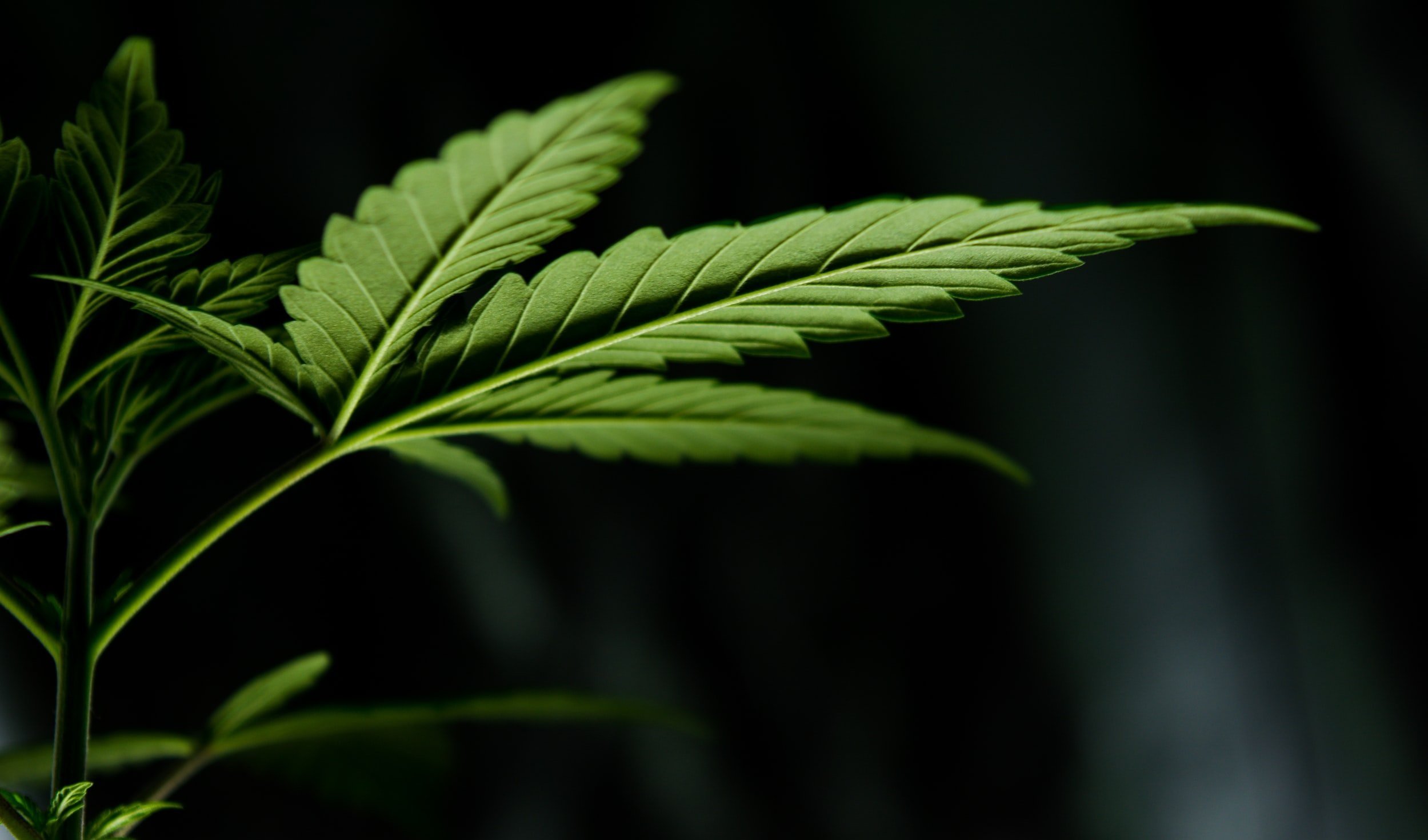
Cannabis Counselling
The way individuals access cannabis for medical purposes is changing. As of August 24, 2016, the Access to Cannabis for Medical Purposes Regulations (ACMPR) will replace the Marihuana for Medical Purposes Regulations (MMPR).
Legal access to dried marijuana for medical purposes was first provided in 1999 using unique section 56 exemptions under the Controlled Drugs and Substances Act (CDSA). The decision in R. v. Parker in 2000 held that individuals with a medical need had the right to possess marijuana for medical purposes. This led to the implementation of the Marihuana Medical Access Regulations (MMAR) in 2001. The MMAR enabled individuals with the authorization of their health care practitioner to access dried marijuana for medical purposes by producing their own marijuana plants, designating someone to produce for them or purchasing Health Canada supply.
Over time, court decisions resulted in a number of changes to the MMAR. In June 2013, the Government of Canada implemented the Marihuana for Medical Purposes Regulations (MMPR). The MMPR created conditions for a commercial industry responsible for the production and distribution of marijuana for medical purposes. Under the MMPR, individuals with a medical need could access quality-controlled dried marijuana produced under secure and sanitary conditions.
In June 2015, the Supreme Court of Canada, in R. v. Smith, decided that restricting legal access to only dried marijuana was unconstitutional. The Court decided that individuals with a medical need have the right to use and make other cannabis products. To eliminate uncertainty around a legal source of supply of cannabis, the Minister of Health issued section 56 class exemptions under the CDSA in July 2015, to allow, among other things, licensed producers to produce and sell cannabis oil and fresh marijuana buds and leaves in addition to dried marijuana, and to allow authorized users to possess and alter different forms of cannabis.
The ACMPR is Canada’s response to the Federal Court of Canada’s February 2016 decision in Allard v. Canada. This decision found that requiring individuals to get their marijuana only from licensed producers violated liberty and security rights protected by section 7 of the Canadian Charter of Rights and Freedoms. The Court found that individuals who require marijuana for medical purposes did not have “reasonable access”.

The ACMPR are designed to provide an immediate solution required to address the Court judgment. Moving forward, Health Canada will evaluate how a system of medical access to cannabis should function alongside the Government’s commitment to legalize, strictly regulate and restrict access to marijuana.
Overall, the ACMPR contain four parts.
Part 1 is similar to the framework under the MMPR. It sets out a framework for commercial production by licensed producers responsible for the production and distribution of quality-controlled fresh or dried marijuana or cannabis oil or starting materials (i.e., marijuana seeds and plants) in secure and sanitary conditions.
Part 2 is similar to the former MMAR regime. It sets out provisions for individuals to produce a limited amount of cannabis for their own medical purposes or to designate someone to produce it for them.
Parts 3 and 4 include:
Transitional provisions, which mainly relate to the continuation of MMPR activities by licensed producers, Consequential amendments to other regulations that referenced the MMPR (i.e., Narcotic Control Regulations, New Classes of Practitioners Regulations) to update definitions and broaden the scope of products beyond dried marijuana. Provisions repealing the MMPR and setting out the coming into force of the ACMPR on August 24, 2016. As of August 24, 2016, Health Canada will accept applications from individuals who wish to register to produce a limited amount of cannabis for their own medical purposes or to designate someone to produce cannabis for them.
Under the ACMPR, Health Canada will continue to accept and process applications to become a licensed producer that were submitted under the former MMPR. Further, all licenses and security clearances granted under the MMPR will continue under the ACMPR, which means that licensed producers can continue to register and supply clients with cannabis for medical purposes. New applicants can continue to apply for licenses to produce under the ACMPR.
If you have any questions on the process of accessing medical cannabis or wonder whether or not it is an appropriate treatment of you, please make an appointment with Dr. Lisa, Doctor of Pharmacy, to discuss: 204.822.5222 or drlisa@apothecaryofmorden.com
